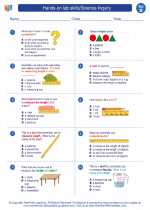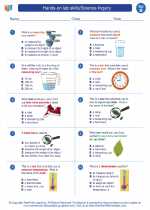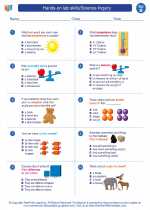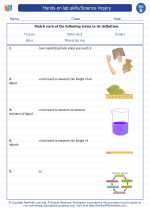Decomposers
Decomposers are a vital part of the ecosystem as they play a crucial role in breaking down organic matter and returning essential nutrients to the soil. These organisms are responsible for the decomposition of dead plants and animals, as well as organic waste, and are essential for the recycling of nutrients in the ecosystem.
Types of Decomposers
There are various types of decomposers, including:
- Bacteria: Microscopic organisms that break down organic matter into simpler substances.
- Fungi: Organisms such as molds and mushrooms that feed on decaying matter and help break it down.
- Worms: Earthworms and other soil-dwelling worms that contribute to the decomposition process by consuming organic material.
- Arthropods: Insects and other invertebrates that aid in the decomposition of organic matter.
Decomposition Process
The decomposition process begins when organic matter, such as fallen leaves or dead animals, is broken down by decomposers into simpler substances. This process releases nutrients such as nitrogen, phosphorus, and potassium back into the soil, where they can be taken up by plants to support their growth.
Importance of Decomposers
Decomposers play a crucial role in maintaining the balance of nutrients in the ecosystem. Without decomposers, dead organic matter would accumulate, and essential nutrients would be locked up in the remains of plants and animals, making them unavailable to support new plant growth.
Study Guide
- What are decomposers and what role do they play in the ecosystem?
- Identify and describe the different types of decomposers.
- Explain the process of decomposition and the role of decomposers in nutrient recycling.
- Discuss the importance of decomposers in maintaining the balance of nutrients in the ecosystem.
Understanding the role of decomposers in the ecosystem is essential for comprehending the interconnectedness of living organisms and the flow of nutrients in the environment.
.◂Science Worksheets and Study Guides Second Grade. Hands-on lab skills/Science Inquiry

 Worksheet/Answer key
Worksheet/Answer key
 Worksheet/Answer key
Worksheet/Answer key
 Worksheet/Answer key
Worksheet/Answer key
 Vocabulary/Answer key
Vocabulary/Answer key
